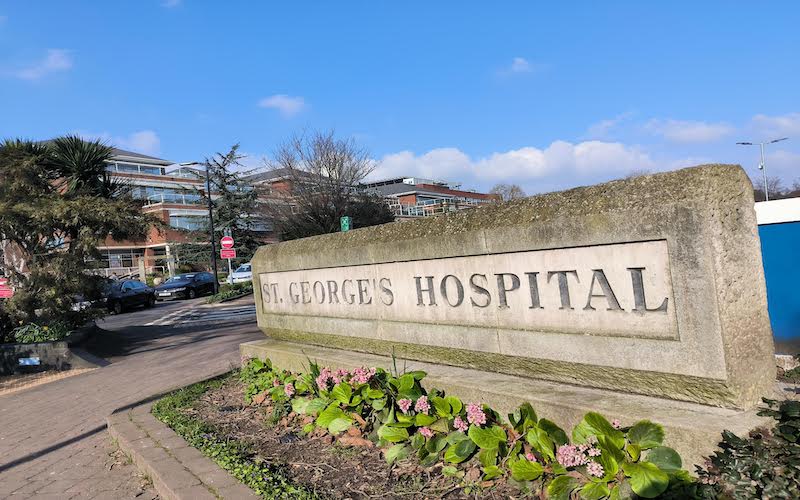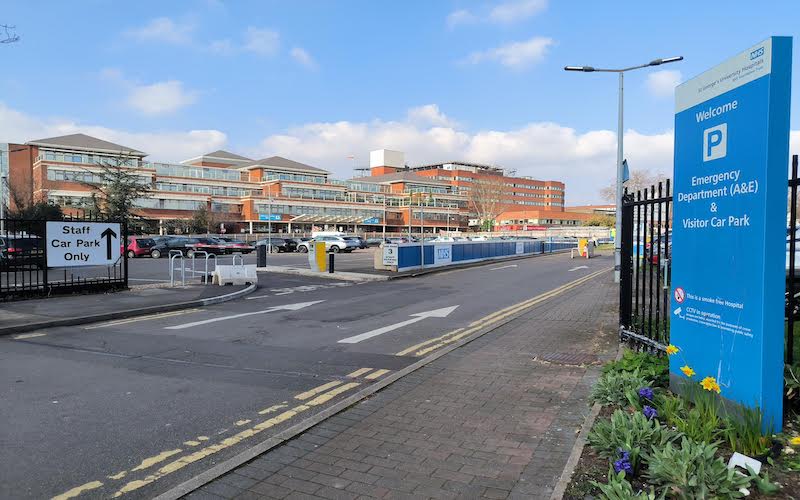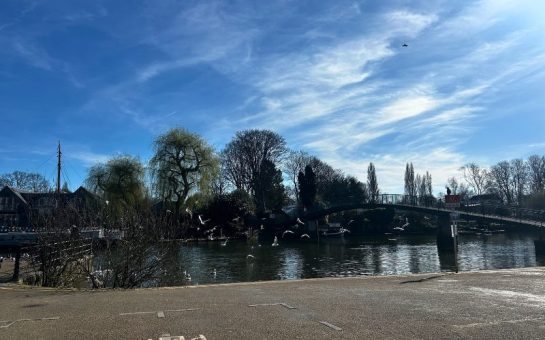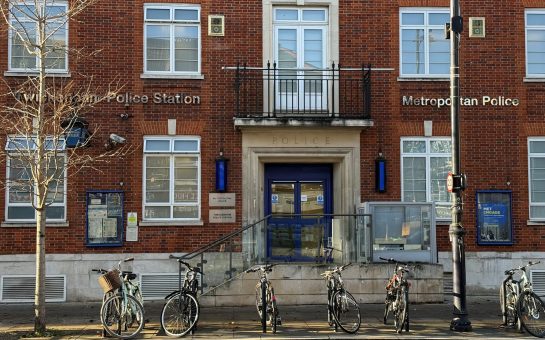Eligible patients in south west London could now receive a groundbreaking form of immunotherapy.
St George’s Hospital in Tooting, south west London has started offering CAR-T therapy to adults with blood cancers who have relapsed or haven’t responded to other treatment options.
The one-time treatment is currently being rolled out in hospitals across south west London and Surrey.
Professor Mickey Koh, clinical director for renal, haematology and oncology at St George’s said: “This is a very exciting medicine – a game-changer as it represents a major shift in medicine.
“St George’s is best placed to offer this novel immunotherapy – we have all the expertise who are needed here on site.”
Chimeric antigen receptor T-cell (CAR-T) therapy—a type of immunotherapy—uses a patient’s own immune system to combat cancerous cells.
The treatment involves collecting, modifying, and re-infusing a patient’s T cells–part of the immune white blood cells that form the body’s defence system.
During the removal process, the T cells are first modified to recognise and attack cancerous cells before being multiplied and returned to the patient’s body several weeks later—enabling the body to fight the cancer independently.
Patients also typically receive a round of chemotherapy to lower the body’s T cell production and prepare for the CAR T-cell infusion.
While this treatment might be considered less debilitating than other treatment options, the process (combined with chemotherapy) does carry significant risks, including an increased risk of infection, neurological side effects, allergic reactions, high uric acid levels, and cytokine-release syndrome.
But for patients who have exhausted other treatment options, CAR-T could be a lifeline—St. George’s Hospital reported that approximately 50 to 70 per cent of patients responded positively when offered CAR-T therapy, with visible results within one month of initial treatment.

The introduction of CAR-T therapy underscores St George’s five-year strategy, announced in May 2023, to continue to be a major tertiary centre for Surrey and South West London, with Epsom and St Helier University Hospitals and Health Group.
St George’s hospital specialises in cancer care, which includes blood cancers like leukaemia and lymphoma.
According to Blood Cancer UK, there are over 100 types of blood cancer and approximately 41,000 people are diagnosed each year.
Blood cancer is the most common type of cancer in children and the fifth most common cancer in the UK, with one in 16 men and one in 22 women developing it within their lifetime.
The standard treatment for most blood cancers involves several rounds of chemotherapy, a powerful combination of drugs which target and kill cancerous cells—but these toxic substances can also damage healthy cells.
Immunotherapy is a medical breakthrough that reflects a broader push towards more targeted, personalised, and less damaging approaches to cancer treatment.
Institutions have to meet a series of regulations in order to facilitate CAR-T therapy—successful countries include UK, Canada, USA, Italy, Germany, Australia, Singapore, and China.
As institutions begin to embrace these groundbreaking techniques, the landscape of cancer care is evolving, bringing a renewed sense of hope and optimism to patients and their loved ones.
Kate Slemeck, Managing Director at St George’s University Hospitals NHS Foundation Trust, said: “CAR-T therapy is a highly complex and innovative treatment that not many hospitals offer, and it’s thanks to the hard work of our experienced teams that we’ve got to this point.”
Learn more about the strategy for St George’s, Epsom and St Helier University Hospitals and Health Group here.
Featured image credit: Cressi Sowerbutts





